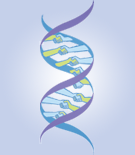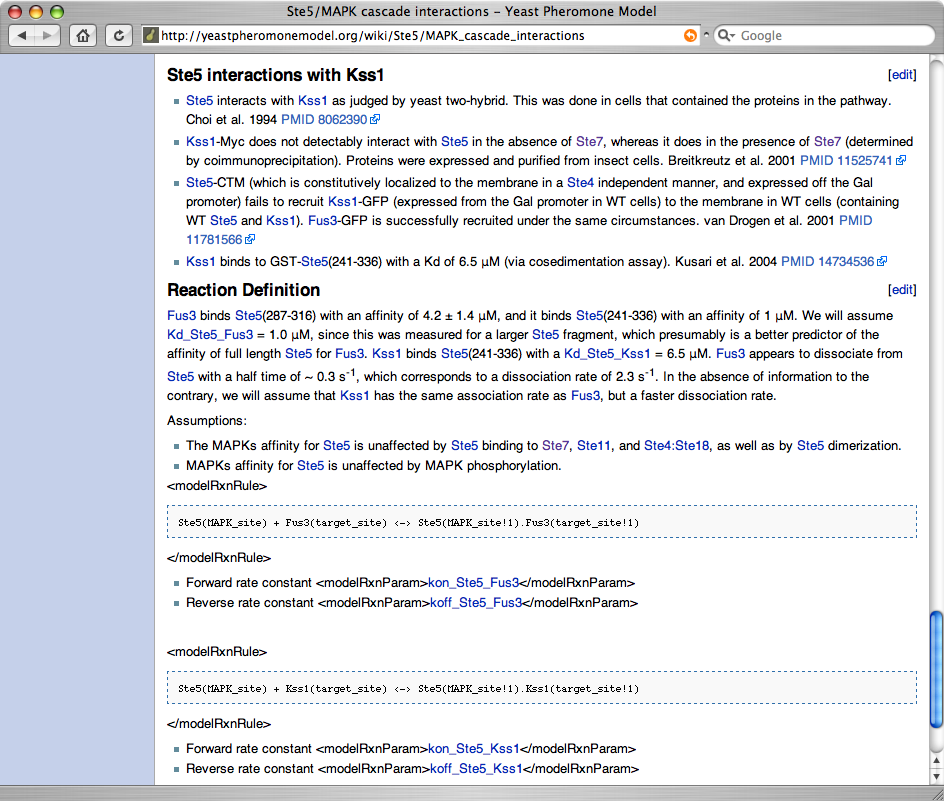OpenWetWare:Presentations/NCI-ICBP: Difference between revisions
From OpenWetWare
Jump to navigationJump to search
No edit summary |
No edit summary |
||
| (11 intermediate revisions by 2 users not shown) | |||
| Line 1: | Line 1: | ||
{{Slides}} | {{Slides}} | ||
{{:OpenWetWare:Presentations/ | {{:OpenWetWare:Presentations/jmuhlich1.css}} | ||
<div class="background"> | <div class="background"> | ||
| Line 29: | Line 29: | ||
=Solution: OpenWetWare= | =Solution: OpenWetWare= | ||
[ | [[Image:Openwetwarehomepage.png|800px]] | ||
</div> | </div> | ||
| Line 40: | Line 40: | ||
| | | | ||
# ''Easy and collaborative content generation'' | # ''Easy and collaborative content generation'' | ||
#'' | # ''Community discourse'' | ||
|} | |} | ||
</div> | </div> | ||
| Line 48: | Line 48: | ||
=Labs on OpenWetWare= | =Labs on OpenWetWare= | ||
[ | [[Image:SilverLabhomepage.png|800px]] | ||
</div> | </div> | ||
| Line 56: | Line 56: | ||
=Integrating OpenWetWare into research= | =Integrating OpenWetWare into research= | ||
[ | [[Image:SilverProtocolshomepage.png|800px]] | ||
</div> | </div> | ||
| Line 72: | Line 72: | ||
=Dysfunctionality of Model Publishing= | =Dysfunctionality of Model Publishing= | ||
[[Image:Icbp-talk-pyramid.png]] | [[Image:Icbp-talk-pyramid.png]] | ||
'''figure: Ty Thomson''' | |||
</div> | </div> | ||
<div class="slide"> | <div class="slide"> | ||
=Systematization and Data Standards= | =Systematization and Data Standards= | ||
* | <html><img src="http://www.fotosearch.com/thumb/ICL/ICL154/BIM_116.jpg"</img></html> | ||
* | |||
* Standards for models | |||
** MIRIAM - Minimum Information Requested in the Annotation of Biochemical Models | |||
** SBML - Systems Biology Markup Language | |||
* Communicating with computers, not people | |||
* Rigid, one-way "conversation" | |||
</div> | |||
<div class="slide"> | |||
=Literate Programming= | |||
Donald Knuth, 1981 | |||
Write programs primarily for humans, not computers | |||
</div> | </div> | ||
<div class="slide"> | <div class="slide"> | ||
=YeastPheromoneModel.org= | =YeastPheromoneModel.org= | ||
''Ty Thomson, MIT'' | |||
[[Image:Yeastpheromonemodel home page.png]] | [[Image:Yeastpheromonemodel home page.png]] | ||
</div> | </div> | ||
| Line 91: | Line 107: | ||
<div class="slide"> | <div class="slide"> | ||
= | =80-20 Rule / Pareto Principle= | ||
[[Image:Pareto.png]] | |||
</div> | </div> | ||
<div class="slide"> | <div class="slide"> | ||
= | =How do we communicate the final 20% ?= | ||
* Verbal, email, etc. | |||
* | * Wiki | ||
* | |||
Conversation is robust, and necessary anyway | |||
</div> | </div> | ||
<div class="slide"> | <div class="slide"> | ||
= | =Agile Informatics effort= | ||
[http://ome-sorger7.mit.edu/~jmuhlich/mwtest/ Wiki-based model documentation] | |||
''with Brian Joughin, MIT/ICBP'' | |||
To be integrated into OWW | |||
Part of a larger workflow:<br> | |||
[[Image:OverallWorkflow.png]] | |||
</div> | </div> | ||
<div class="slide"> | <div class="slide"> | ||
="Living" Models= | |||
</div> | </div> | ||
Latest revision as of 07:09, 14 June 2007
<html>
<script>
function addStylesheet(url)
{
// presentation mode
if (document.createStyleSheet) {
document.createStyleSheet(url);
}
else {
var styles = "@import url('" + url + "');";
var newSS=document.createElement('link');
newSS.rel='stylesheet';
newSS.href='data:text/css,'+escape(styles);
document.getElementsByTagName("head")[0].appendChild(newSS);
}
} if (location.href.indexOf('action=render') > 0) {
document.write("<head><title>Presentation</title></head>"); // need this for some browsers for addStylesheet to work
addStylesheet('http://www.w3.org/Talks/Tools/Slidy/slidy.css');
addStylesheet("/skins/monobook/main.css");
addStylesheet("/index.php?title=MediaWiki:Common.css&usemsgcache=yes&action=raw&ctype=text/css&smaxage=18000");
addStylesheet("/index.php?title=MediaWiki:Monobook.css&usemsgcache=yes&action=raw&ctype=text/css&smaxage=18000");
addStylesheet("/index.php?title=-&action=raw&gen=css&maxage=18000&smaxage=0&ts=20070606210926");
document.write('<script src="http://www.w3.org/Talks/Tools/Slidy/slidy.js" type="text/javascript"><' + '/script>');
document.write('<script type="text/javascript">wgBreakFrames = false;<' + '/script>'); // for wikibits.js
document.write('<script src="/skins/common/wikibits.js" type="text/javascript"><' + '/script>');
document.write('<script src="/index.php?title=-&action=raw&smaxage=0&gen=js" type="text/javascript"><' + '/script>');
} else {
// wiki mode
if (wgServer)
document.write('<a href="' + wgServer + '/index.php?title=' + wgPageName + '&action=render"><b><em>=> Start web presentation</em></b></a>');
} </script> </html>









